Search
Search Results
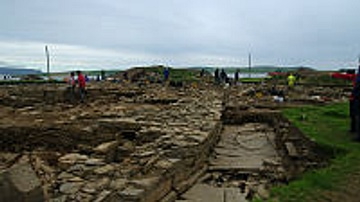
Definition
Ness of Brodgar
The Ness of Brodgar is a Neolithic Age site discovered in 2002 CE through a geophysical survey of the area of land in Stenness in Orkney, Scotland, which separates the salt water Stenness Loch from the fresh water Harray Loch. Excavation...
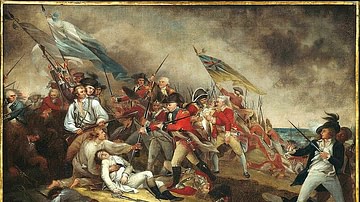
Collection
20 Battles of the American Revolution
The American Revolutionary War (1775-1783) was a long and bitter conflict fought between Great Britain and its rebellious thirteen colonies, which were struggling for independence as a new nation, the United States of America. The Americans...

Definition
Thermidorian Reaction
The Thermidorian Reaction refers to the period of the French Revolution (1789-1799) between the fall of Maximilien Robespierre on 27-28 July 1794 and the establishment of the French Directory on 2 November 1795. The Thermidorians abandoned...
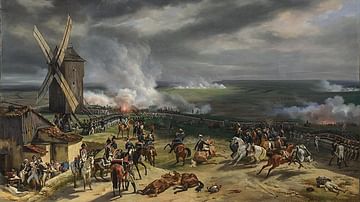
Definition
Battle of Valmy
The Battle of Valmy was a stunning French victory over a Prussian-led coalition army on 20 September 1792, during the French Revolutionary Wars (1792-1802). Although the battle was little more than a skirmish, it halted the coalition's invasion...
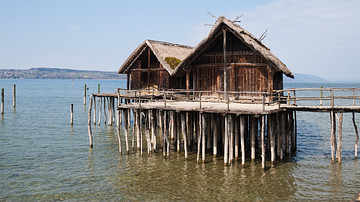
Image
Reconstructed Neolithic Stilt House
Reconstruction of a Neolithic stilt house.
Pfahlbaumuseum Unteruhldingen, Uhldingen-Mühlhofen, Baden-Württemberg, Germany.

Article
Assassination of Marat
The assassination of revolutionary activist and Jacobin leader Jean-Paul Marat on 13 July 1793 was one of the most iconic moments of the French Revolution (1789-1799), immortalized in Jacques-Louis David's painting Death of Marat. Marat's...
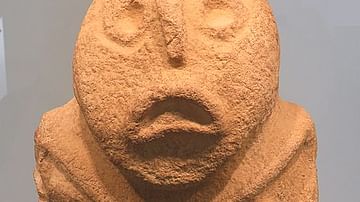
Definition
Lepenski Vir
Lepenski Vir (Serbian Cyrillic: Лепенски Вир, “Lepena Whirlpool”) is an ancient settlement on the banks of the Danube in eastern Serbia; more precisely, in Boljetin village, near Donji Milanovac. The site shows evidence of a culture which...
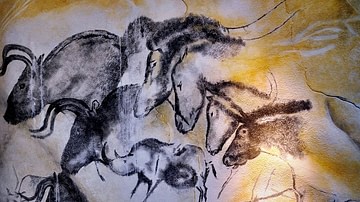
Definition
Stone Age
From the dawn of our species to the present day, stone-made artefacts are the dominant form of material remains that have survived to today concerning human technology. The term “Stone Age” was coined in the late 19th century CE by the Danish...

Definition
Camille Desmoulins
Camille Desmoulins (1760-1794) was one of the most prominent journalists during the French Revolution (1789-1799). A fervent republican, he played an important role in the Storming of the Bastille, when he called the people to arms. Although...

Definition
Louis XVI of France
Louis XVI (l. 1754-1793) was the last king of France (r. 1774-1792) before the monarchy was abolished during the French Revolution (1789-99). An indecisive king, his attempts to navigate France through the crises of the 1780s failed, leading...